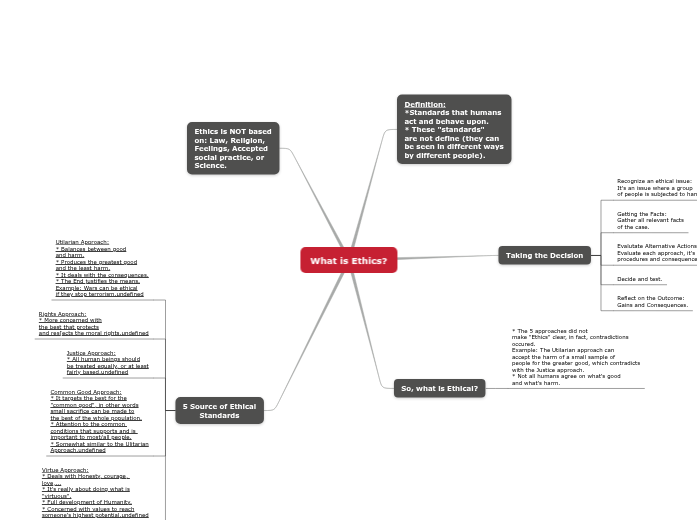a DIANA MAGALY LEYVA PEREZ 6 éve
914
Business ethics
Integrating a business ethics program within an organization promotes a stronger sense of commitment, belonging, and responsibility among employees, ultimately aiming for the common good and benefiting the community.









